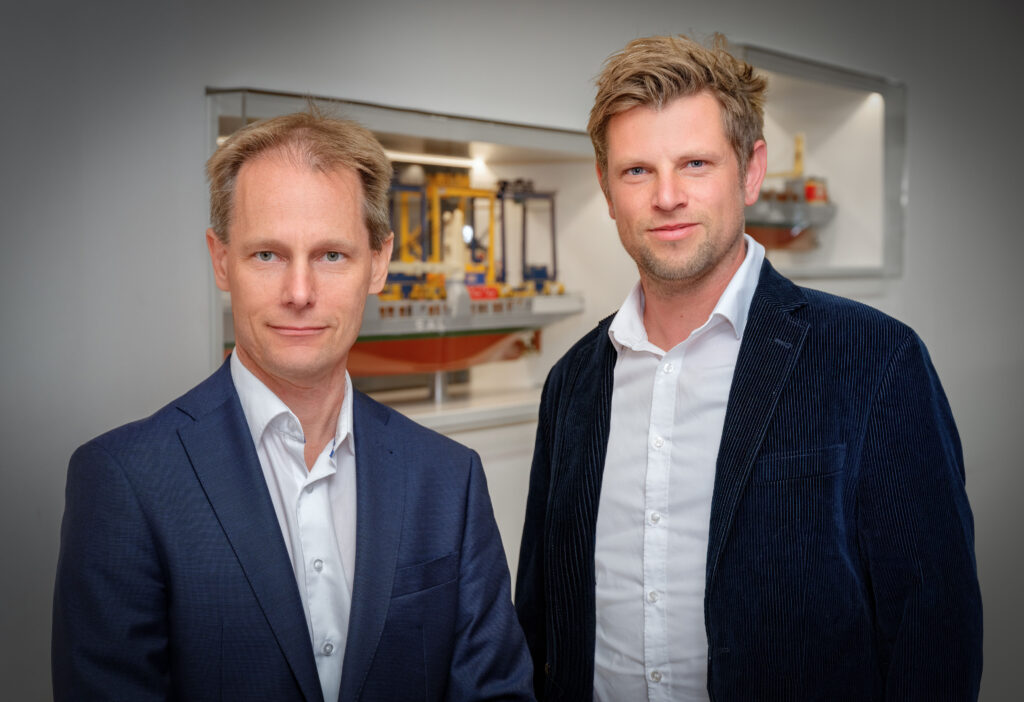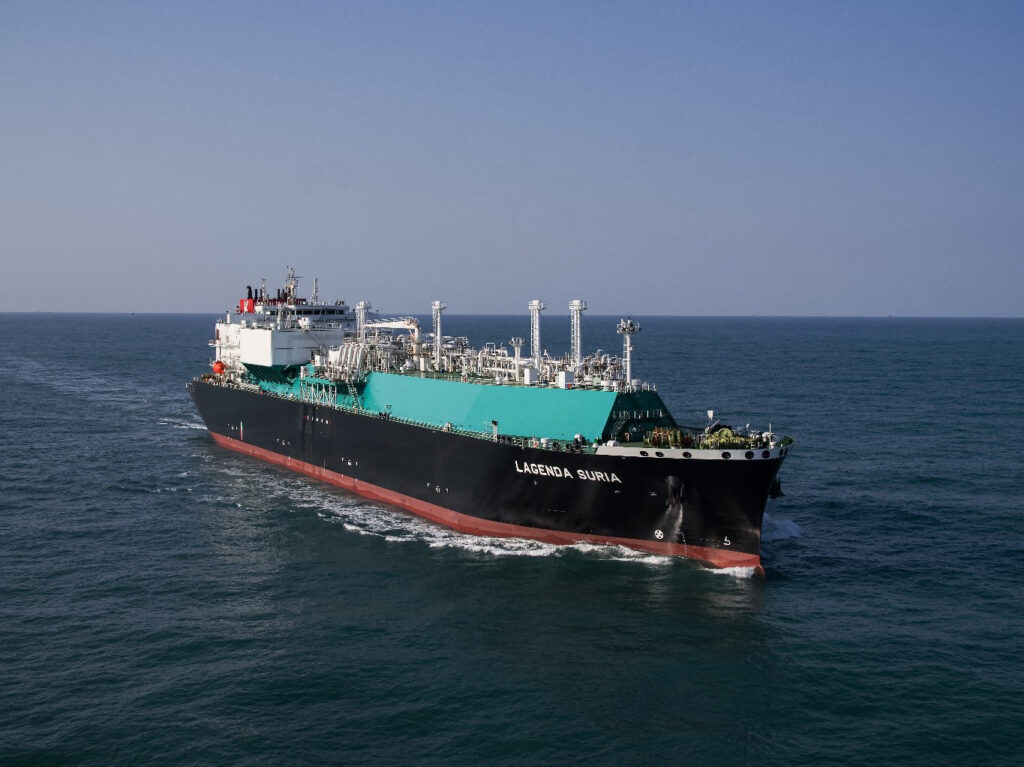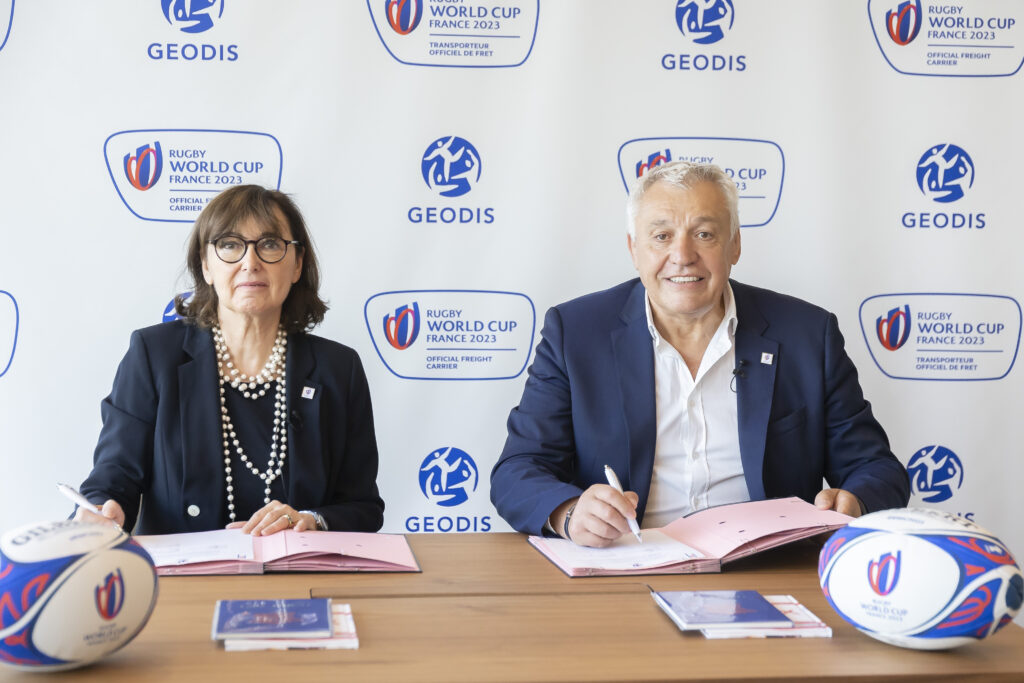The global association representing cargo handling companies, ICHCA International (ICHCA) is delighted to welcome Mediterranean Shipping Company (MSC), the world’s largest container shipping line as a new member with representation on its Board of Directors
15 June 2022
As a leading voice in a crucial sector of the global supply chain, ICHCA brings together a wide range of players that perform a vital role in driving the world economy. The added knowledge and experience that the number one container shipping line brings will be a tremendous asset in carrying out ICHCA’s primary mission of maintaining and improving safety in all aspects of cargo handling.
Dirk Van de Velde is MSC’s Chief EHSQ Officer and will be take up a board position at ICHCA. “MSC has determined the Environmental, Health, Safety and Security Quality Governance topics (EHSQ) that are most relevant to our business, we have identified our priorities and are building on communication with the maritime stakeholders. Our membership of ICHCA is a logical step following this assessment and the expansion of our activities,” commented Van de Velde. “In addition, we want to help address the increasing risks and calamities in the maritime supply chain today. In 2010 we created the Cargo Incident Notification System or CINS organization, however since then serious calamities have only increased. We are joining ICHCA because of its focus on EHSQ and to contribute to its related proactivity.”
With its wealth of online resources, guidance and training programmes as well as an active Technical Panel, which constantly initiates and researches innovations and best practice across safety and operational efficiency issues, ICHCA has attracted corporate and individual members from all sectors of the supply chain where cargo is moved.
ICHCA’s has privileged NGO status at the International Maritime Organization (IMO), International Labour Organization (ILO) and other key UN agencies which allows it, on behalf of its members to monitor, contribute to, and influence the development of regulations and guidelines that impact cargo handling and movement worldwide.
“We at ICHCA are proud of the role we have in improving industry standards through coalescing the expertise and knowledge of the world class organizations that make up our membership. The addition of MSC to that number is a significant positive step in exerting our collective influence over that improvement,” commented ICHCA’s CEO Richard Steele. “To count MSC within our number provides additional evidence of ICHCA’s expanding reach across all aspects of the vast business of moving cargo around the world.”
About ICHCA International
Established in 1952, ICHCA International is an independent, not-for-profit organisation dedicated to improving the safety, productivity and efficiency of cargo handling and movement worldwide. ICHCA’s privileged NGO status enables it to represent its members, and the cargo handling industry at large, in front of national and international agencies and regulatory bodies, while its Technical Panel provides best practice advice and develops publications on a wide range of practical cargo handling issues.
Operating through a series of national and regional chapters, including ICHCA Australia, ICHCA Japan and plus Correspondence and Working Groups, ICHCA provides a focal point for informing, educating, lobbying and networking to improve knowledge and best practice across the cargo handling chain.









